Every Batman V Superman & Justice League Reveal From Writer Chris Terrio
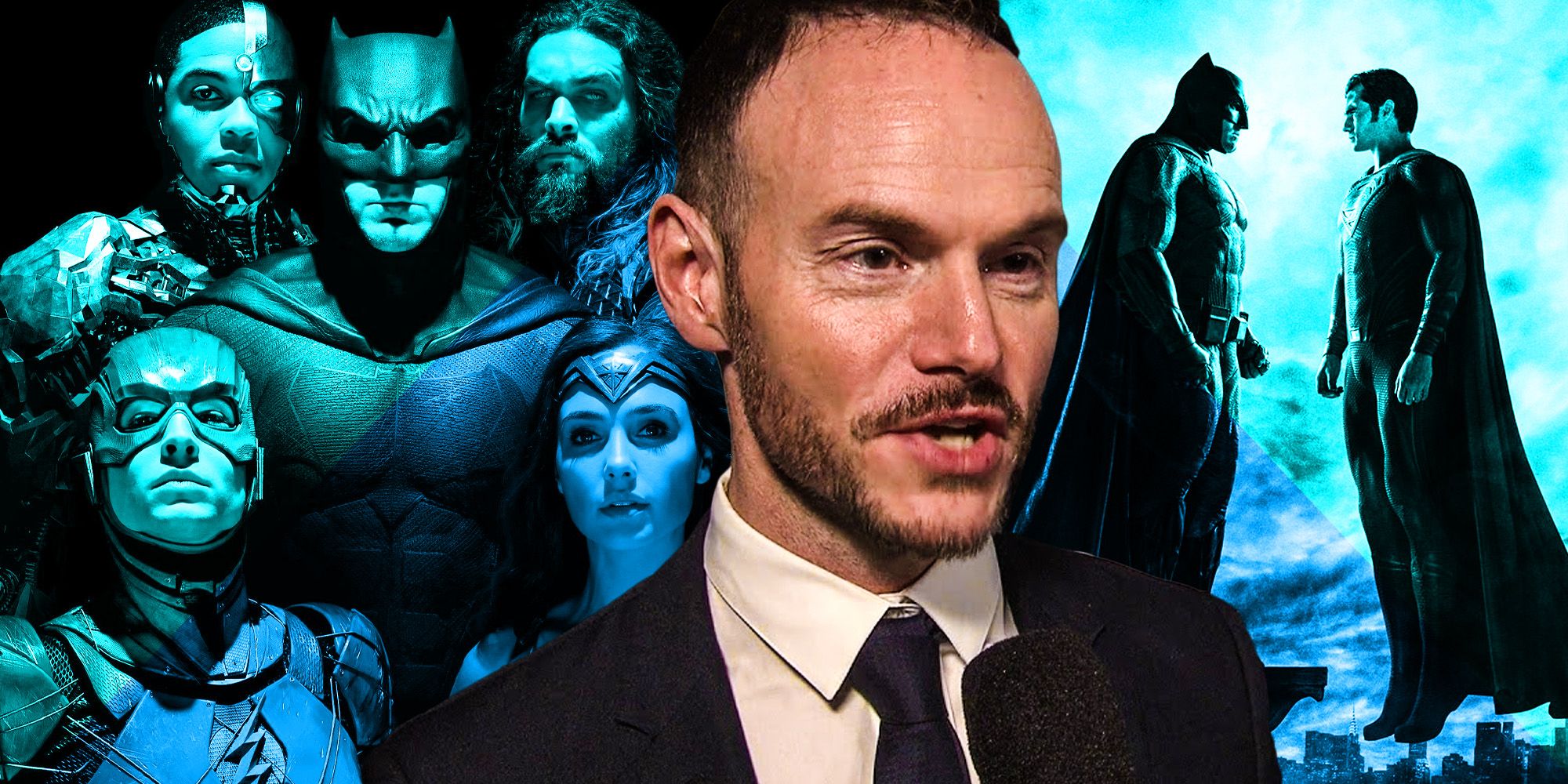
Batman v Superman: Dawn of Justice and Justice League screenwriter Chris Terrio has opened up on his experiences with Warner Bros' DCEU films. While Zack Snyder was picked as the filmmaker to help create WB's cinematic universe of DC properties, it became a long and complicated journey. But things took a turn for the worse in 2017 when Justice League faced production issues. After their daughter, Autumn Snyder's tragic passing, the director and his wife/producer Deborah Snyder stepped away to be with their family. Throughout the years, stories had come out from the Snyders, actors, and production members on the challenging relationship they had with Warner Bros. When Joss Whedon came on board to rework most of Snyder's original vision, controversy sparked after Justice League's theatrical release in November 2017.
The significant changes became highlighted, which resulted in it being a driving factor in the "Release The Snyder Cut" movement. While HBO Max became a platform for the Snyder Cut, more details about the studio's struggling dynamic have emerged. Ray Fisher, who portrays Cyborg, has been one of the primary voices in discussing the problematic treatment he was exposed to by Warner Bros. executives, former DC Film co-head Geoff Johns, Whedon, and the WarnerMedia investigation. There have also been other Justice League members who have opened up about their negative experiences throughout production. Terrio, who wrote Batman v Superman and Justice League, is now the latest involved talent to come out about his journey.
In a profile interview with Vanity Fair, Terrio spoke at length about his history working on these films and his relationship with Warner Bros. The piece brought a lot of new details to life about Batman v Superman and Justice League. While Snyder and others have had their troublesome experiences, Terrio's perspective takes it to a new level as he got even more specific. While he does share his troubling moments during the Justice League production, he also sheds new light on Batman v Superman in the early stages.
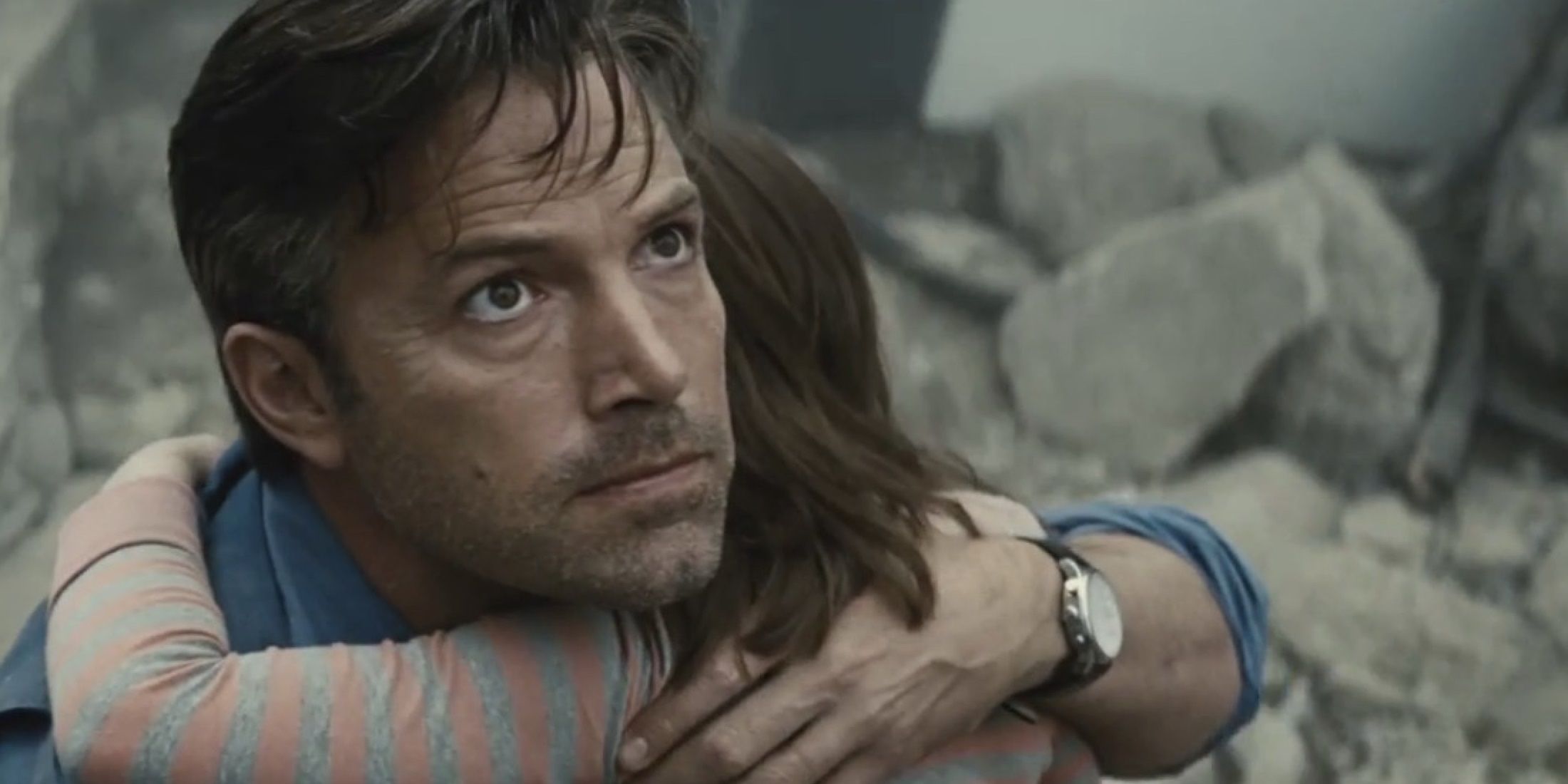
"Ben [Affleck] called me and said that he was working on this film, which was a Superman film in which he was going to play Batman."
Before he boarded Snyder's DC projects, Terrio had already worked with Ben Affleck on the Academy Award-winning film Argo. After Affleck joined the DCEU as Batman, he recruited Terrio as the actor had issues with the Batman v Superman script. Affleck had asked Terrio to polish the screenplay to make it work for Batman's dark arc in the film, including why Bruce Wayne feels the way he does about Superman. Terrio described that his job was to help find a balanced tone that leads to Batman and Superman's fight to be logical. While it was always intended for Batman to start in a grim place, Terrio always intended Bruce's Batman v Superman journey to end with him on a brighter path.
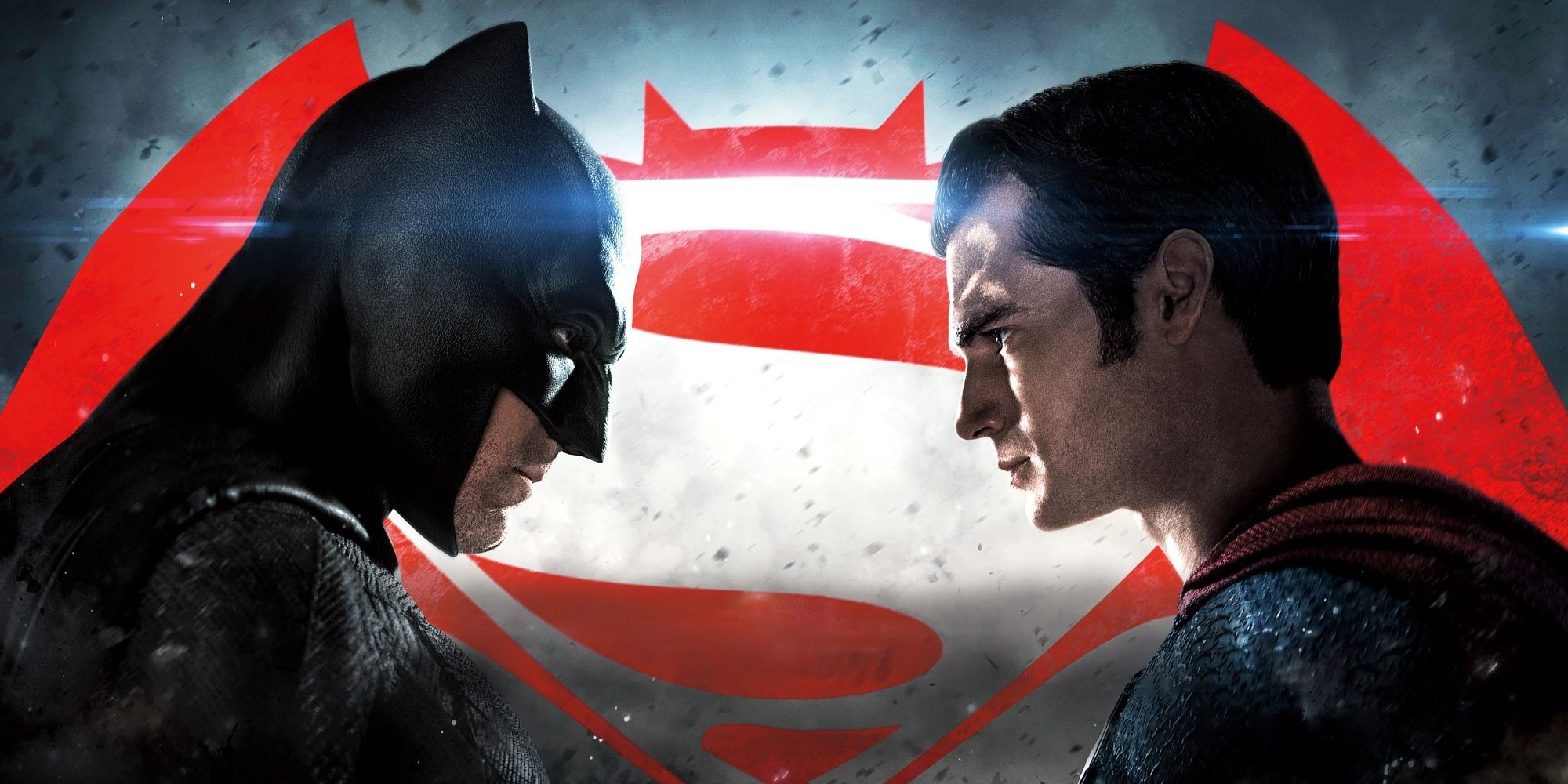
"It just sounds self-important and clueless in a way. Tone-deaf."
While this was going to be a Batman/Superman story, Terrio revealed that it wasn't his call to title it Batman v Superman: Dawn of Justice. Terrio wasn't sure whose decision it was to go with that name, but he suspected it got picked for marketing purposes. To Terrio's ears, that name didn't reflect the theme and tone he was aiming for the story. Terrio described the final title as sounding like the name for a WWE match event between Batman and Superman. When Terrio talked about the 2016 film in the Vanity Fair piece, he primarily refered to it as just Batman/Superman. Terrio suspected that it was "the first step toward creating ill will for the film," by titling it Batman v Superman.
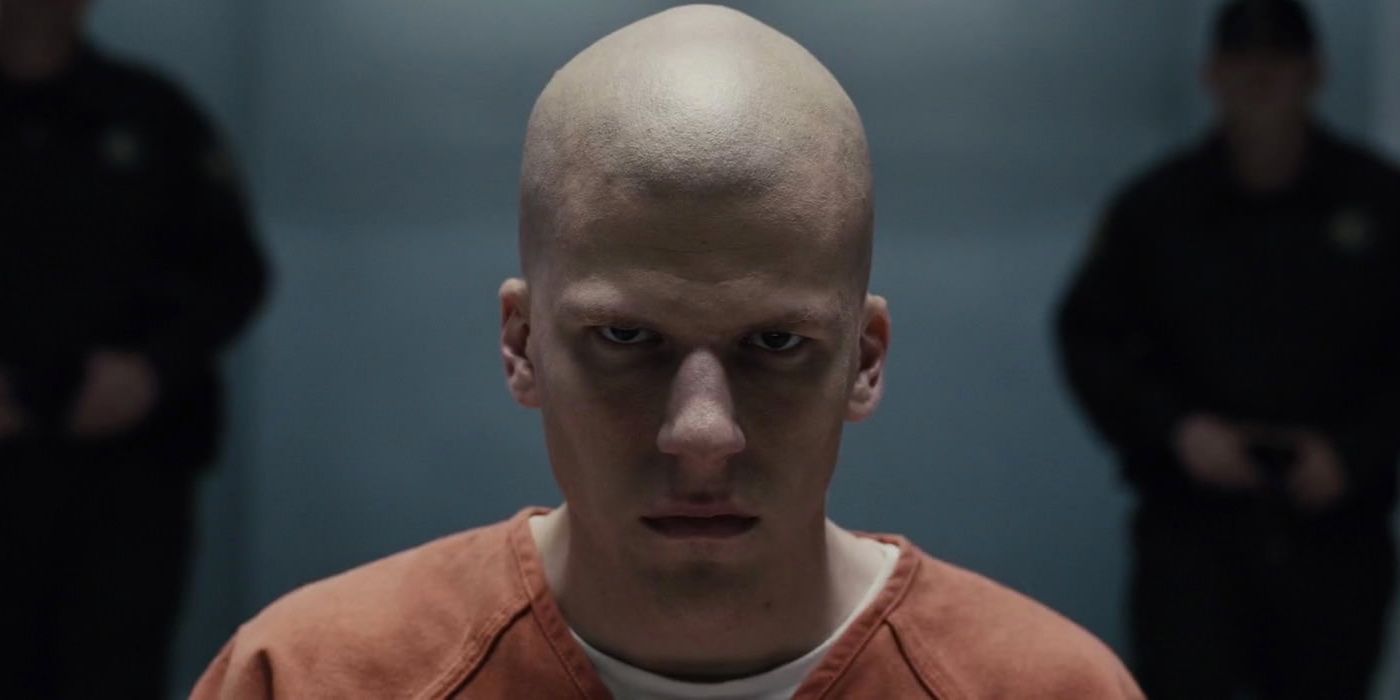
"The studio seemed to take this position after BvS that my writing was too dark and that this was their problem."
Terrio talked heavily about how he felt that fingers were pointed at him, with some of Batman v Superman's critical reception having issues with the darker tone. One of Terrio's examples was how the original script had a more brutal ending between Batman and Lex Luthor. In Terrio's draft, Batman visits Lex at Arkham and threatens to brand him, but ultimately doesn't. An early version of the script, however, had Batman go through with branding Lex. Terrio described how he had "went to the mat with the studio again and again" to preserve Bruce's ending. For Terrio, seeing Batman not brand Lex was to display how he had evolved from the film's events.
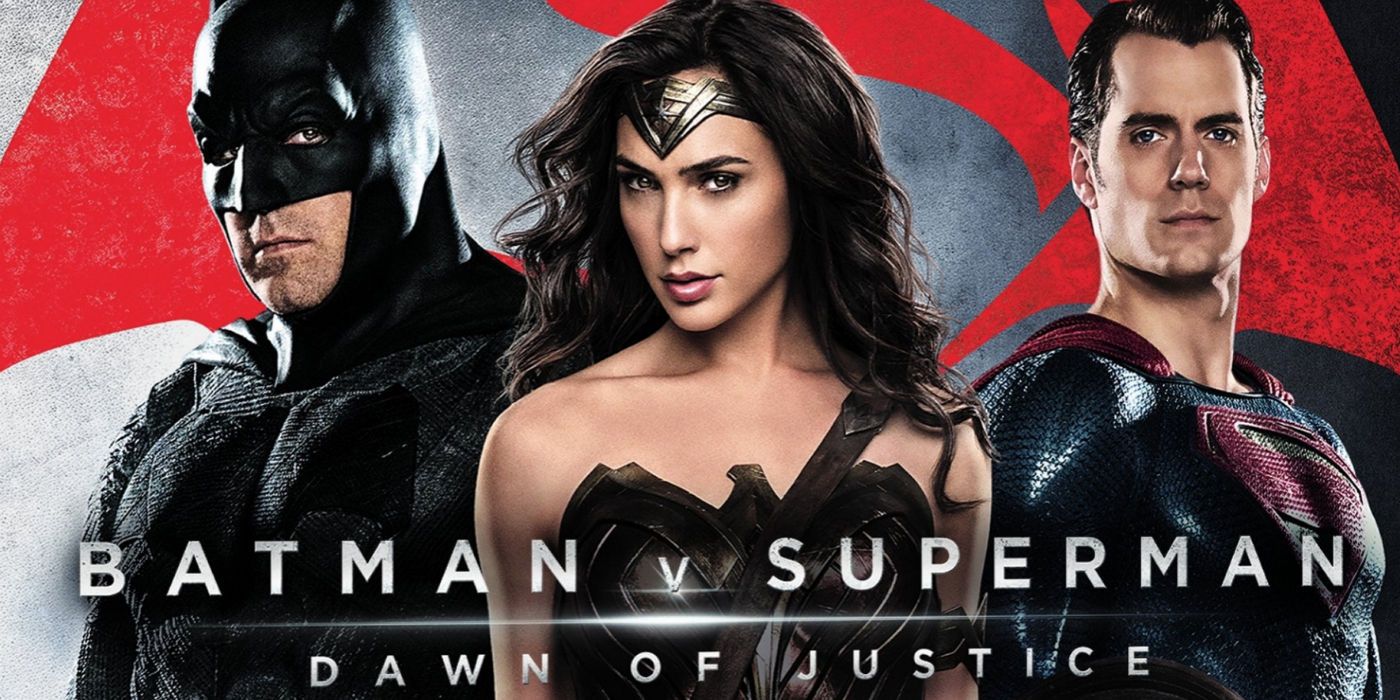
"As we learned from the two versions of Justice League, you can't skip on the character and think the audience will give a shit about the VFX."
According to him, the 30 minutes that got cut from Batman v Superman for its theatrical release removed crucial parts of Terrio's overall story. Terrio had issues with a big chunk taken out where that was the part "that give the characters motivation for the climax," as it complicated Batman v Superman's flow. For Terrio, it became a lack of coherency as he commented on critics that had reviewed the product that he saw as incomplete. Terrio does stress that when he submitted his script to the studio, he felt that they were pleased with it. That's why Terrio had issues with critics who expressed that Batman v Superman was incoherent when, in fact, his original script made sense.
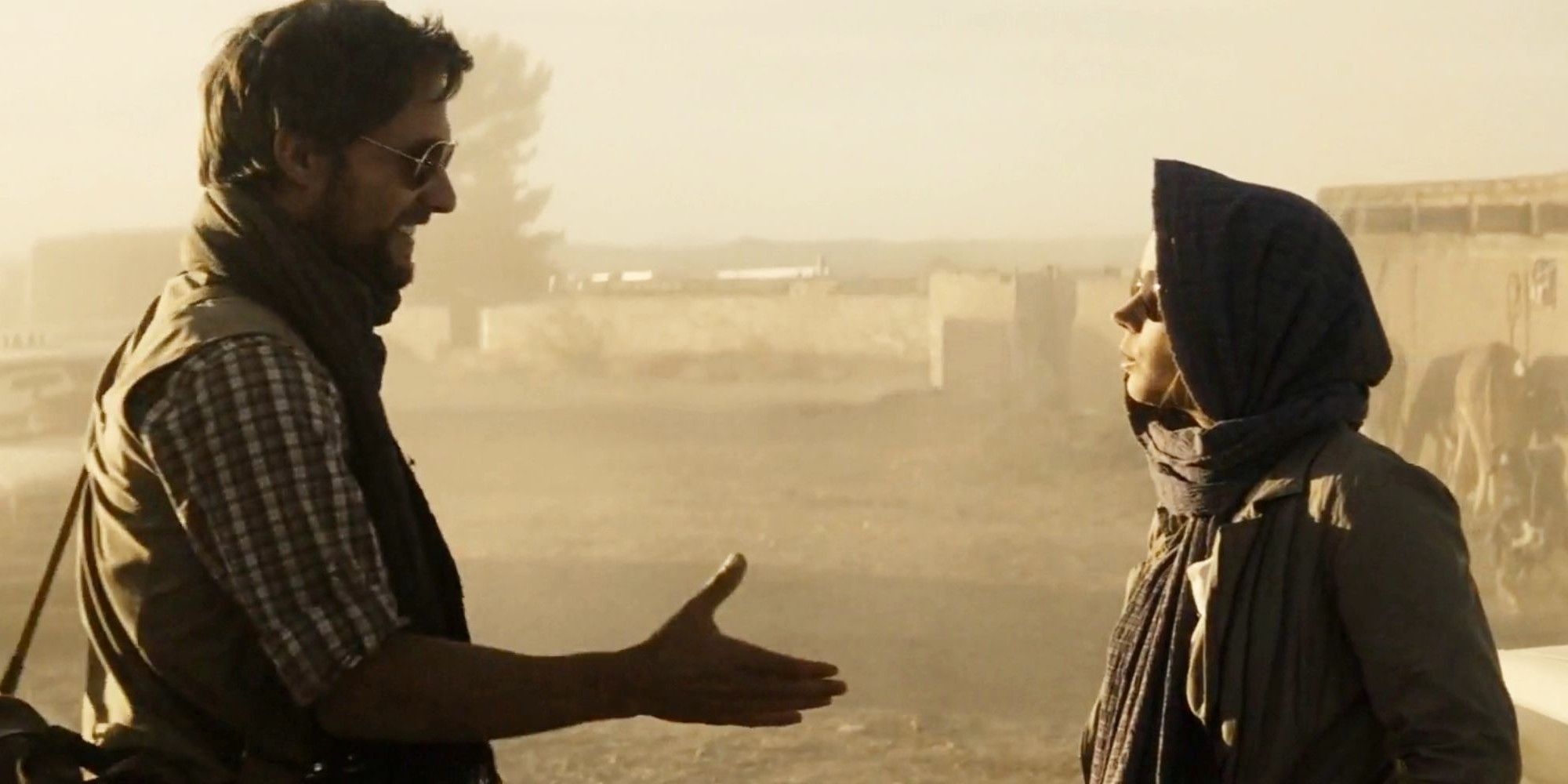
"So that line was my tribute to her."
Amy Adams' Lois Lane had a moment when she was interviewing an African warlord who didn't know a lady would interview him. Lois responds with, "I'm not a lady, I'm a journalist," and Terrio had a reviewer who criticized the screenwriter's ability to write women, reporters, or characters in general. Terrio clarified that his Lois was inspired by the real-life journalist Marie Colvin, who lost her life in Syria. The line was based on Colvin's encounter with a warlord who wouldn't shake her hand because of her gender. Colvin gave a similar response to Lois by saying, "There is no woman in this room, only a journalist," which is what Terrio used as inspiration. Terrio had also felt that many critics made up their minds based on the trailers before even seeing Batman v Superman in theaters.
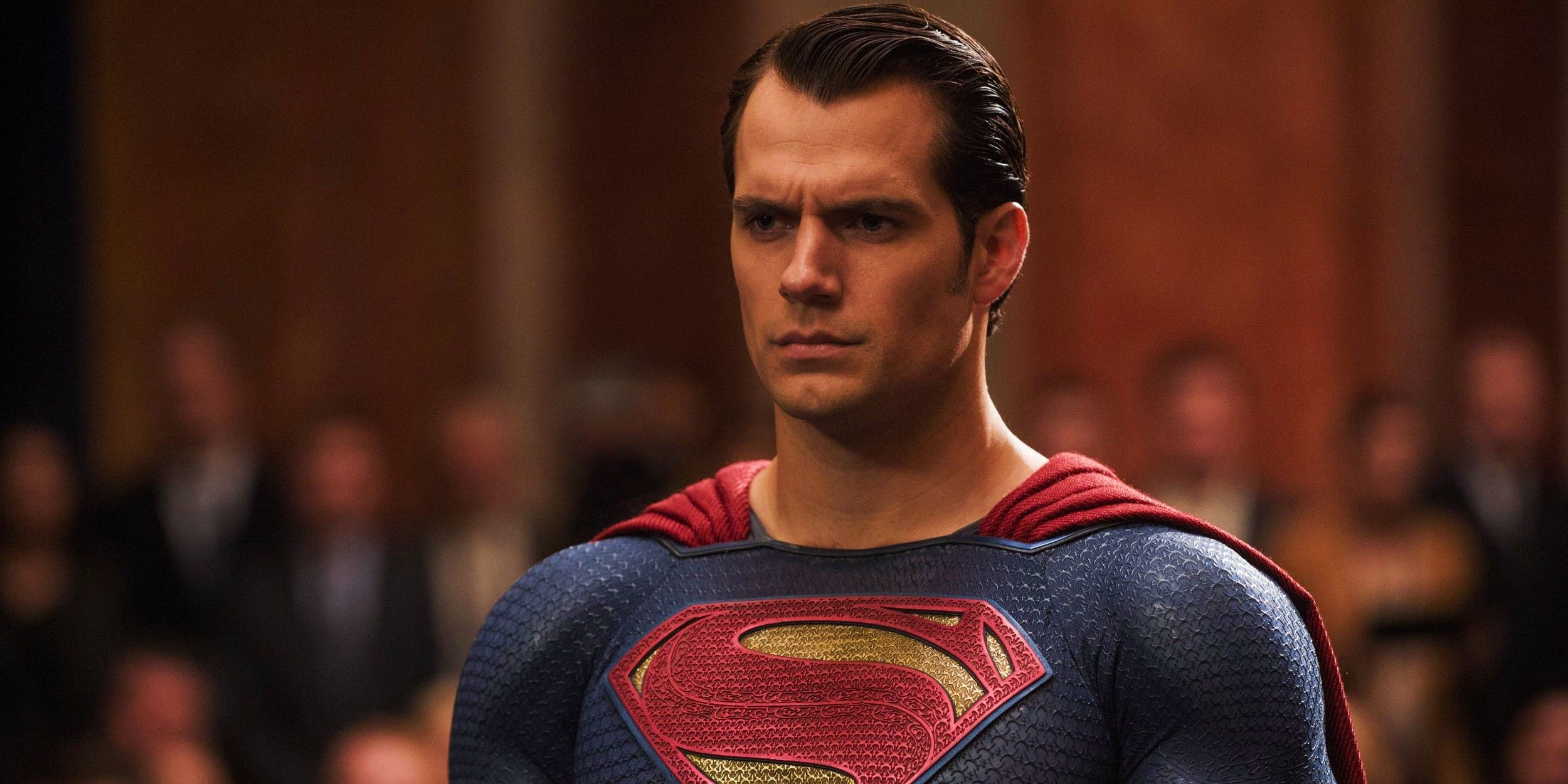
"I'm the one who had been saying that we can't make a joke out of Superman raining hell upon Black African Muslim characters in the desert, as Lois promises that Superman is not going to go easy on them because they punched her."
One of Batman v Superman's central story elements that Terrio incorporated was the sense of tackling Superman's actions realistically. For Clark to arrive when he did, it was important for Terrio to tackle the hero's actions and what they actually means. For Terrio, it was crucial to take Superman's moves seriously while offering political commentary throughout Batman v Superman. Wunmi Mosaku's Kahina Ziri was a key player for the Nairomi storyline, as she contributed to people changing their views on Superman. Even though Lex Luthor had pressured her to do it as part of his plan to ruin Superman's image, it was an angle Terrio wanted to explore.
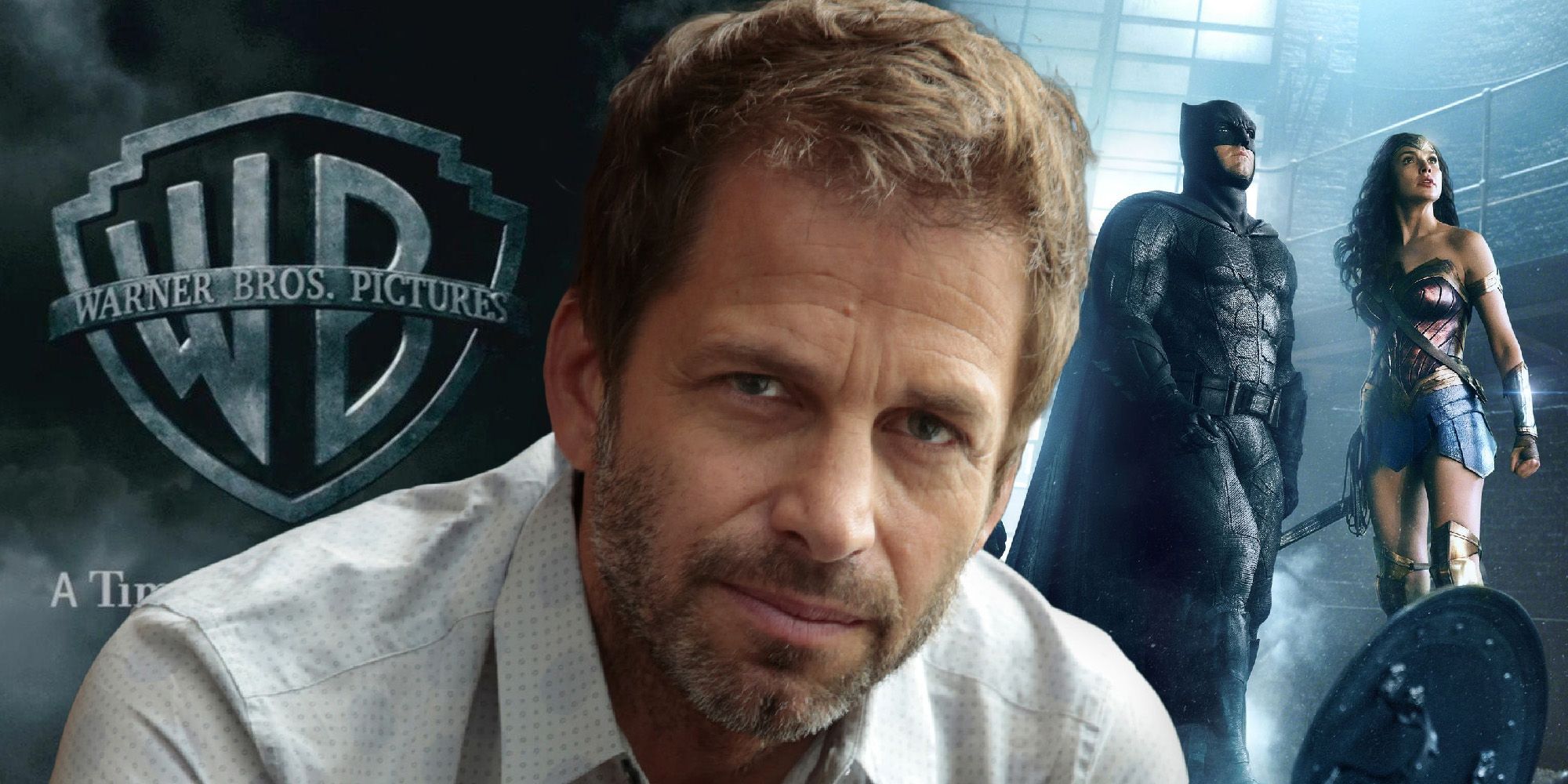
"You learn pretty quickly who your real friends are and who your air-kiss Hollywood friends are."
When asked about his working process with Snyder, Terrio spoke highly of the filmmaker who made the collaborative aspect easy. Terrio said Snyder would always be open to ideas that he had in mind. In teaming up with Snyder, Terrio expressed a sense of support and joy from the director as they crafted their stories. Terrio did bring up that after Batman v Superman came out, he had several Hollywood friends end their relationship with the screenwriter. He stated that many of his friends painted him as "complicit in this very public failure of a studio film," while Snyder would continue to be there for Terrio.
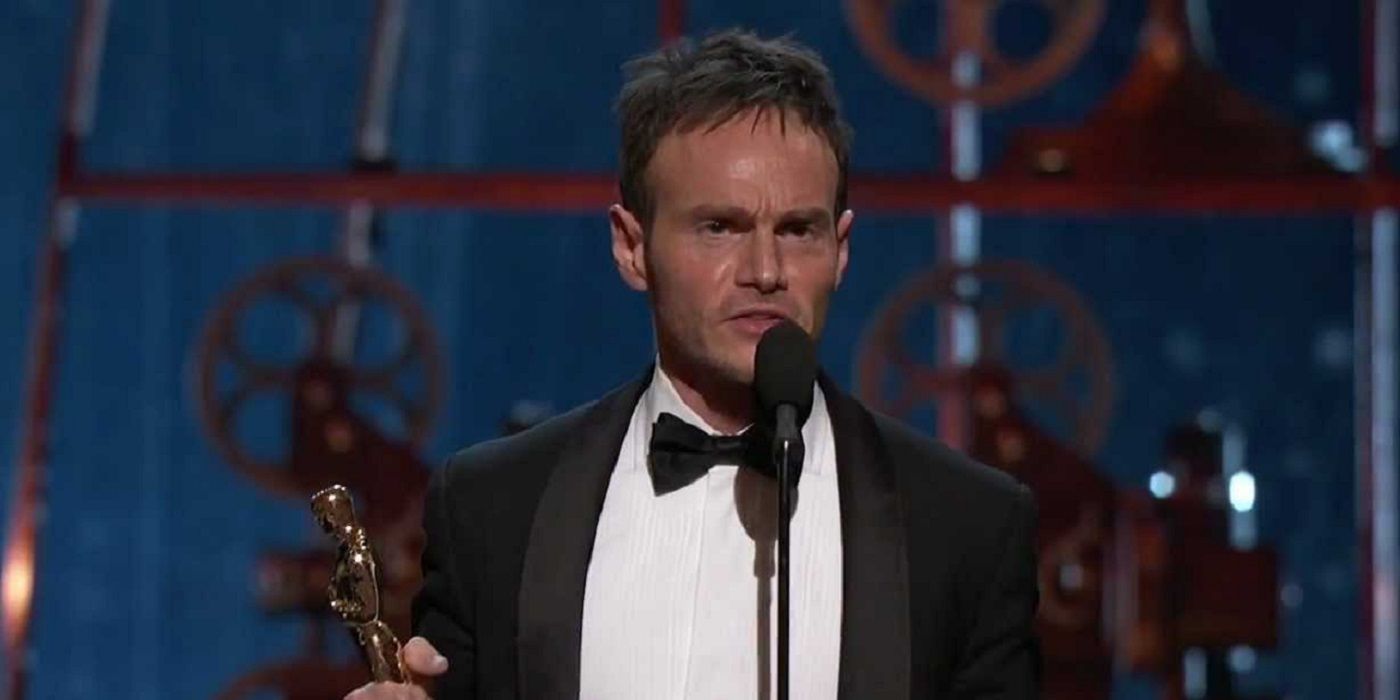
"One guy, who I can only describe as the man who Central Casting sends you when you're trying to cast Douchebag #1, pulled me aside and started telling me how to write Batman."
Before Batman v Superman hit theaters, Terrio attended an event that he had been invited to in New York, along with Snyder and the cast. They were summoned to a meeting with investors at the Time Warner Center. Terrio clarified that it was full of Wall Street investors, not film executives. Terrio described one investor as "the man who Central Casting sends you when you're trying to cast Douchebag #1" had a chat with the screenwriter privately. Terrio only specified that this unnamed individual had gone on to instruct him on how to write Batman. For Terrio, he shared how he felt that commercial results dictated the decisions that came from the higher-ups.
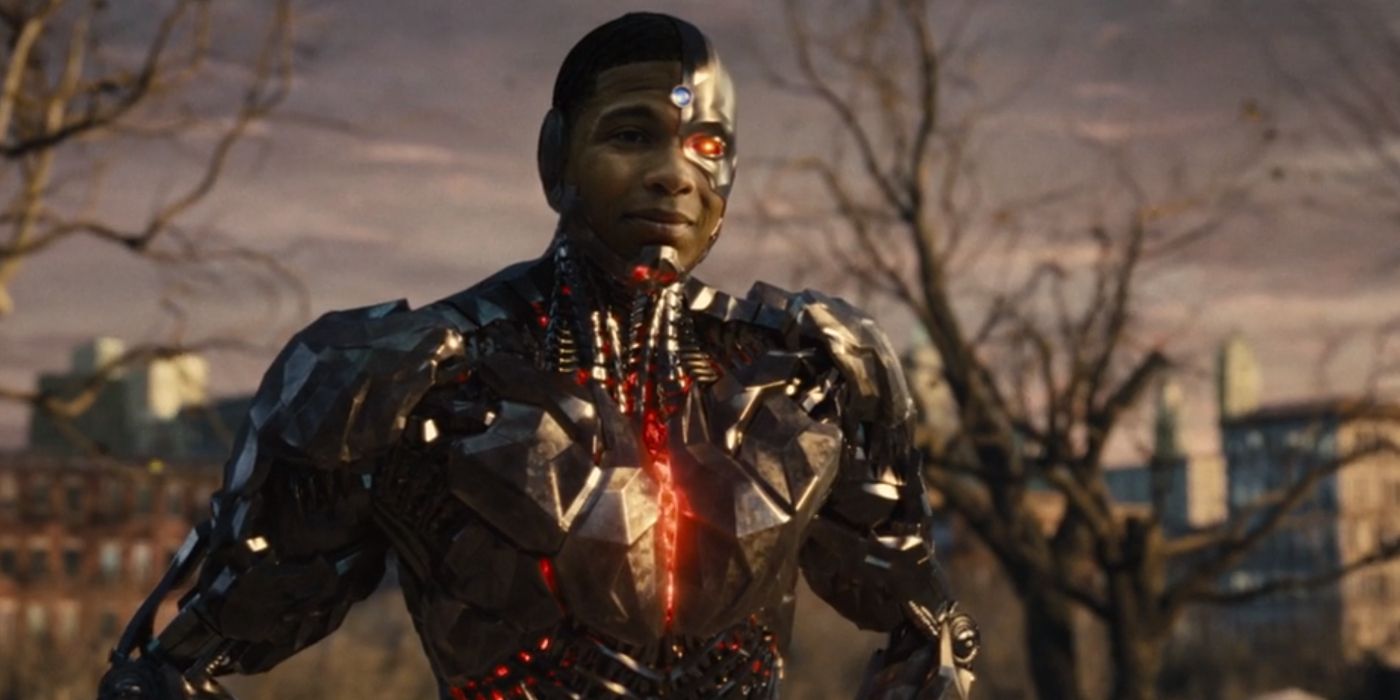
"His otherness is a constant fact of his life. And that to me—and Ray and I discussed this—speaks about being a Black man in America."
Victor Stone, a.k.a. Cyborg, was a crucial part of Zack Snyder's Justice League as the director had envisioned him as the film's heart. Terrio revealed that he had worked closely with Fisher in developing Cyborg's arc. It was just as important to him for the screenwriter as it was to Fisher in handling Victor's presence responsibly. Cyborg became the first Black superhero to be featured in a massive, blockbuster-scale film like Justice League (thought there had been Black superheroes onscreen before; and this would've been one year before Black Panther), making it imperative for both of them to get his cinematic debut right. That's why when HBO Max released the Snyder Cut, Cyborg's arc was one of the things that made Terrio the happiest to see come to fruition.
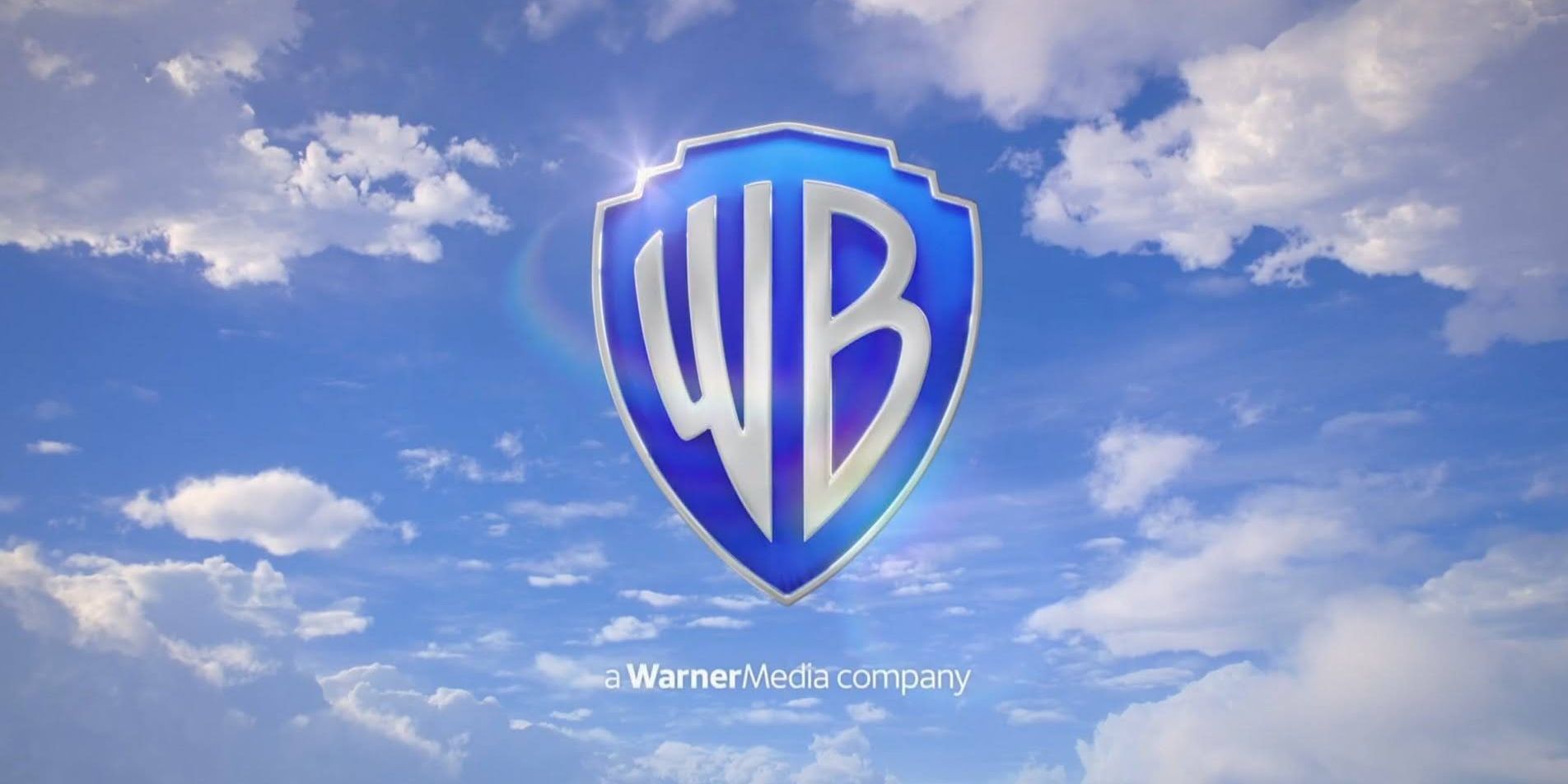
"I wouldn't say that I was banned."
Vanity Fair asked Terrio if it was true that he was banned from the Justice League set during principal photography. Terrio denied that he had been forbidden but did explain that Warner Bros. had displayed an attitude of "We'll take it from here," implying that they preferred if he wasn't on set. Terrio had talked about why he signed on to write Justice League as he was passionate to write the characters "with love and hope after getting through the darkness of Batman v Superman", especially for Bruce. In Terrio's mind, the reason he put Batman on the path he did was so that he'd emerge a more optimistic hero.
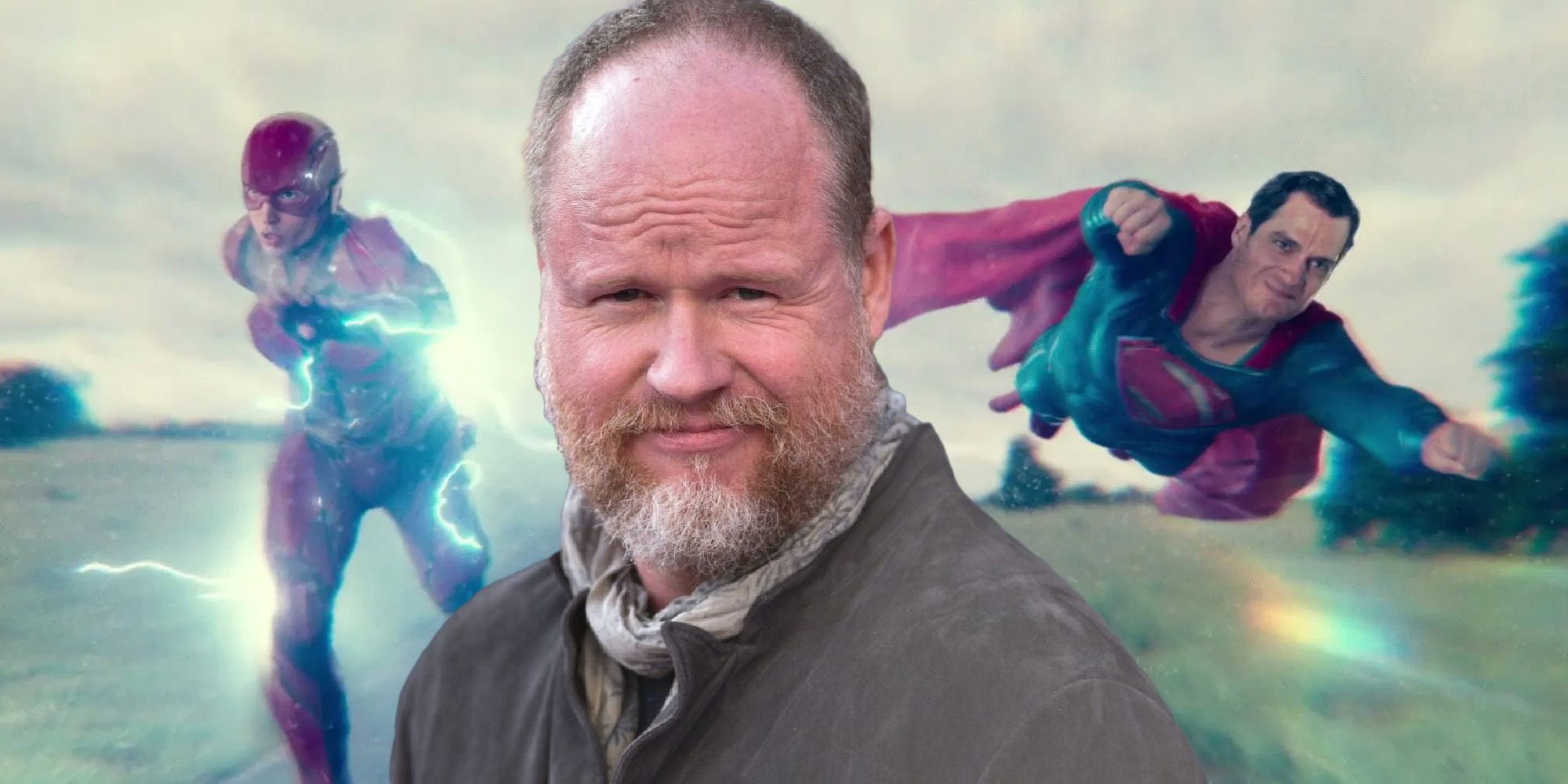
"I did not hear from anyone who said it was a pleasant experience."
Due to how much the reshoots changed Justice League, it was a challenging experience for Terrio. That became overwhelming as Terrio shared that he went even further to write Justice League in a more lightened mood. While Terrio didn't specify names, he shared that everyone he had talked to, who were involved with the reshoots, all had an unpleasant time. After Snyder stepped away, Terrio would only hear reports every once in a while about what was going on. Terrio had also heard, similarly to Snyder, where the demand for Justice League came from in regards to it being only two hours long. While Terrio acknowledged that the Snyders' family tragedy was more prominent than him losing the chance to keep writing those characters, the writer was open about going into a depression when Justice League was retooled.
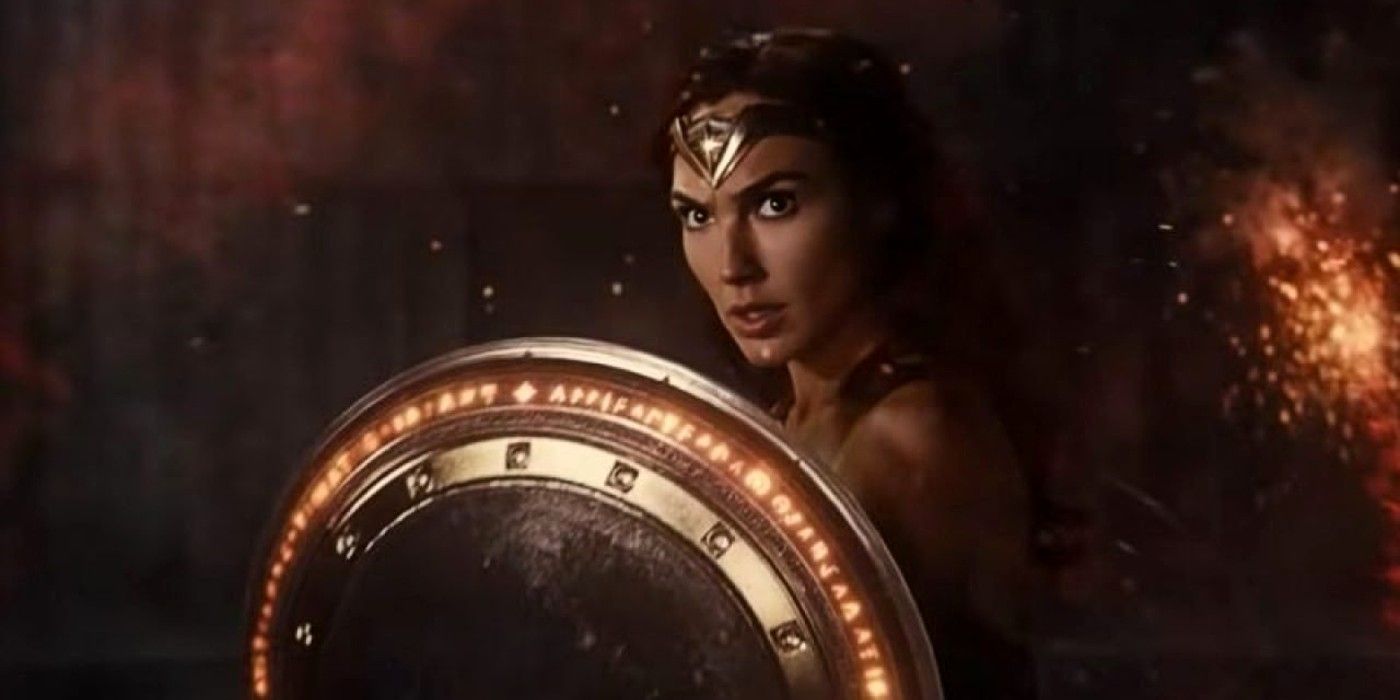
"So I had no basis to write Wonder Woman other than Batman/Superman."
When Terrio was writing Justice League, he had little to pull from concerning Wonder Woman's characterization in the DCEU. There was no finished screenplay for Gal Gadot's Wonder Woman movie and Batman v Superman was the only reference for Terrio. He also didn't know what the final concept for Aquaman was going to be, regarding whether they speak underwater. Since Terrio wasn't sure if he was even allowed to include scenes with Atlanteans having a conversation in the ocean, he had to ask what the plan was. During the writing process, there hadn't been an individual character film aside from Man of Steel. Terrio also talked about how he wasn't asked to consult on the other films despite being the one penning the Justice League script.
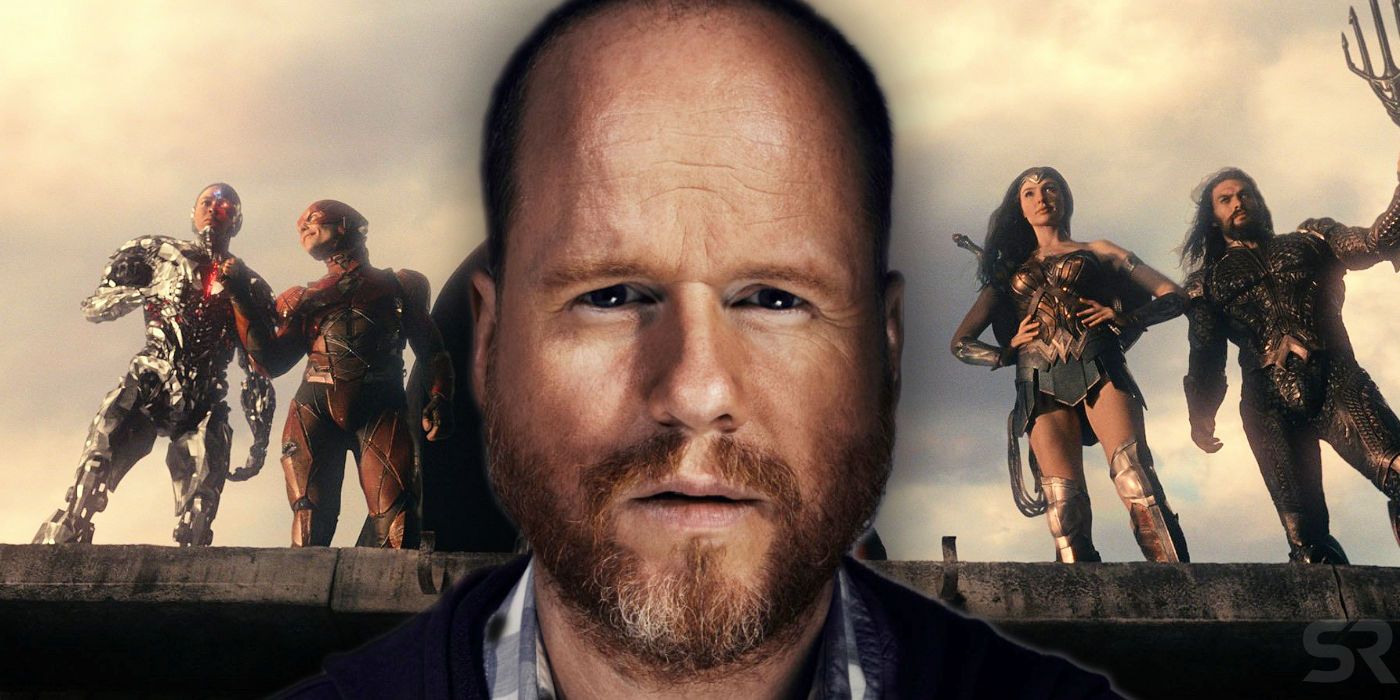
"I've never met Joss. I don't know him."
When asked if he was hearing about what was going on with Whedon's management during the reshoots, Terrio declined to go into it. However, Terrio did reveal that he had reached out to Whedon through executives during Justice League's post-production. Terrio has never had a relationship with Whedon, nor has he ever met the filmmaker. Despite trying to build communication, Terrio stated that he never heard back from Whedon after reaching out through executives. However, despite his efforts to communicate with Whedon, Terrio said that this wasn't uncommon for the film industry.
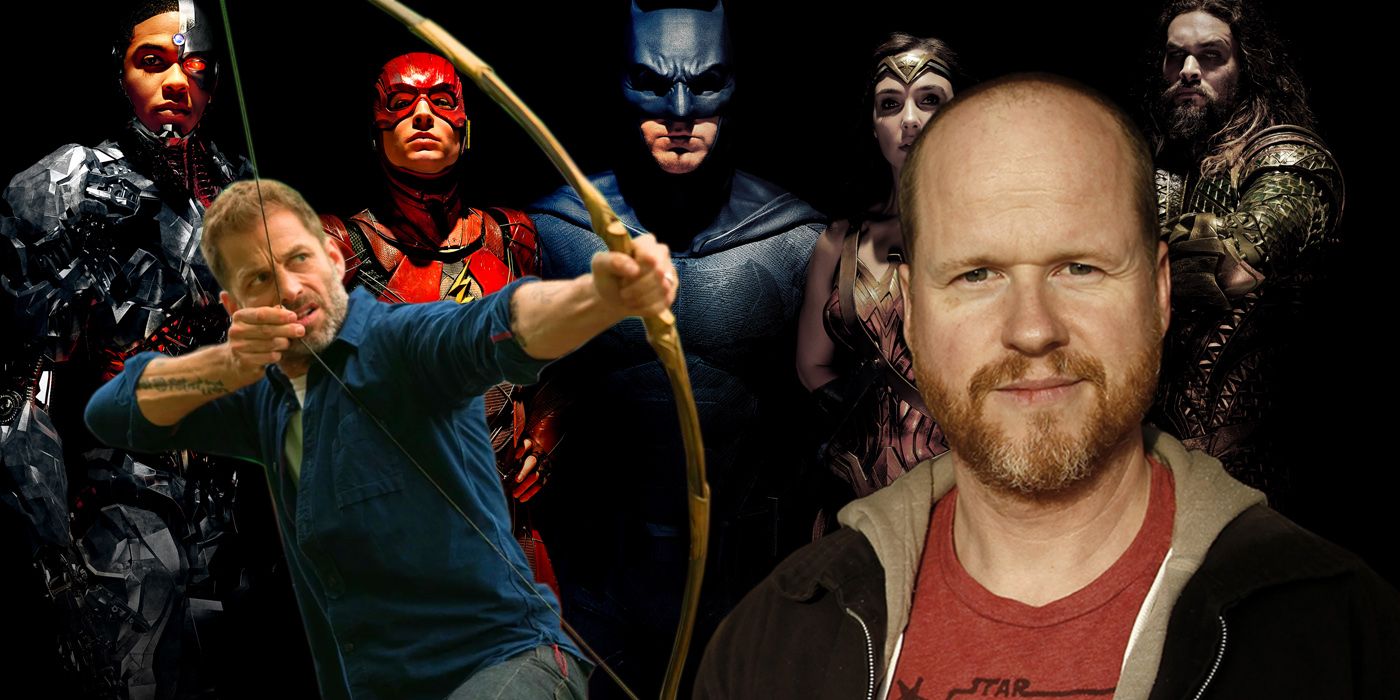
"It would be an international scandal and news story."
While Snyder has never seen Justice League's theatrical cut, Terrio did get to see it a few weeks before it came out. It was happening while Terrio was working on Star Wars: The Rise of Skywalker and his viewing experience wasn't a pleasant one. Terrio explained that he had called his attorney to reach out to Warner Bros. in getting his name removed from Justice League. But Terrio shared his concern on how this would have caused more conflicts in the end. Terrio felt that pursuing that mission would have resulted in negative attention. He was concerned it would get "even worse for the actors, and for all the craftspeople who had worked on it, for all kinds of people."
In the end, Terrio felt it wasn't worth the headache while stressing that Whedon's cut doesn't represent his work. With Zack Snyder's Justice League officially out globally, Terrio is happy that fans got to see what the original plan was. Even with the criticism against the Snyder Cut, Terrio prefers getting that because it's a commentary on his actual work. For Terrio, he is open to feedback where they "can quarrel with the movie," because this time, it's the work he and Snyder did, rather than get criticism for Whedon's cut.
Terrio acknowledged if it hadn't been for HBO Max, the world would have likely never gotten to see the Justice League that he and Snyder created. Through this extensive interview, Terrio had a chance to share a lot of his experiences, most of which he had remained silent on for years. While Terrio revealed a lot about his challenging time on Justice League, he's one of the few creatives involved with Batman v Superman: Dawn of Justice who has gone into depth about the DCEU's second installment.
from ScreenRant - Feed https://ift.tt/3e1kpRp
via Whole story

Post a Comment